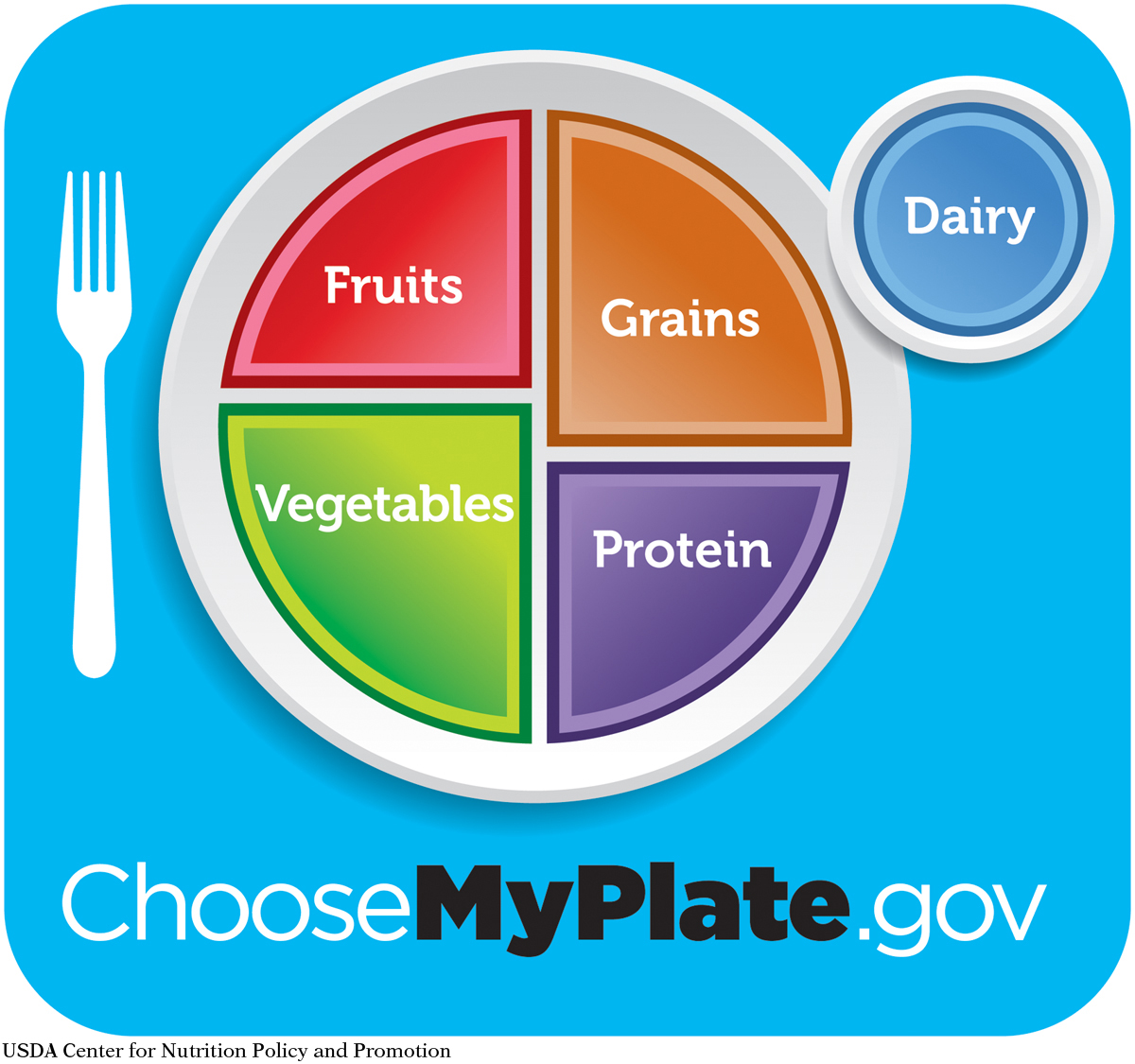HOW ARE ORGANIC FOODS DIFFERENT THAN CONVENTIONAL FOODS?

ORGANIC foods produced through approved methods that generally avoid the use of chemical fertilizers and antibiotics
Should individuals choose organic fruits and vegetables over conventionally produced ones? Organically grown food, which includes both plant and animal products, has been produced through approved methods that integrate cultural, biological, and mechanical practices that foster the recycling of resources, promote ecological balance, and conserve biodiversity. To sell, label, or represent their products as organic, farmers and food producers must follow all of the USDA specifications for organic regulations. Organically grown and produced foods can be labeled in four ways: 100% Organic; Organic (which means it must be 95% organic); Made with organic ingredients (which means it is at least 70% organic); or Some organic ingredients (which means it is composed of less than 70% organic ingredients).
Organic diets expose consumers to less antibiotic-